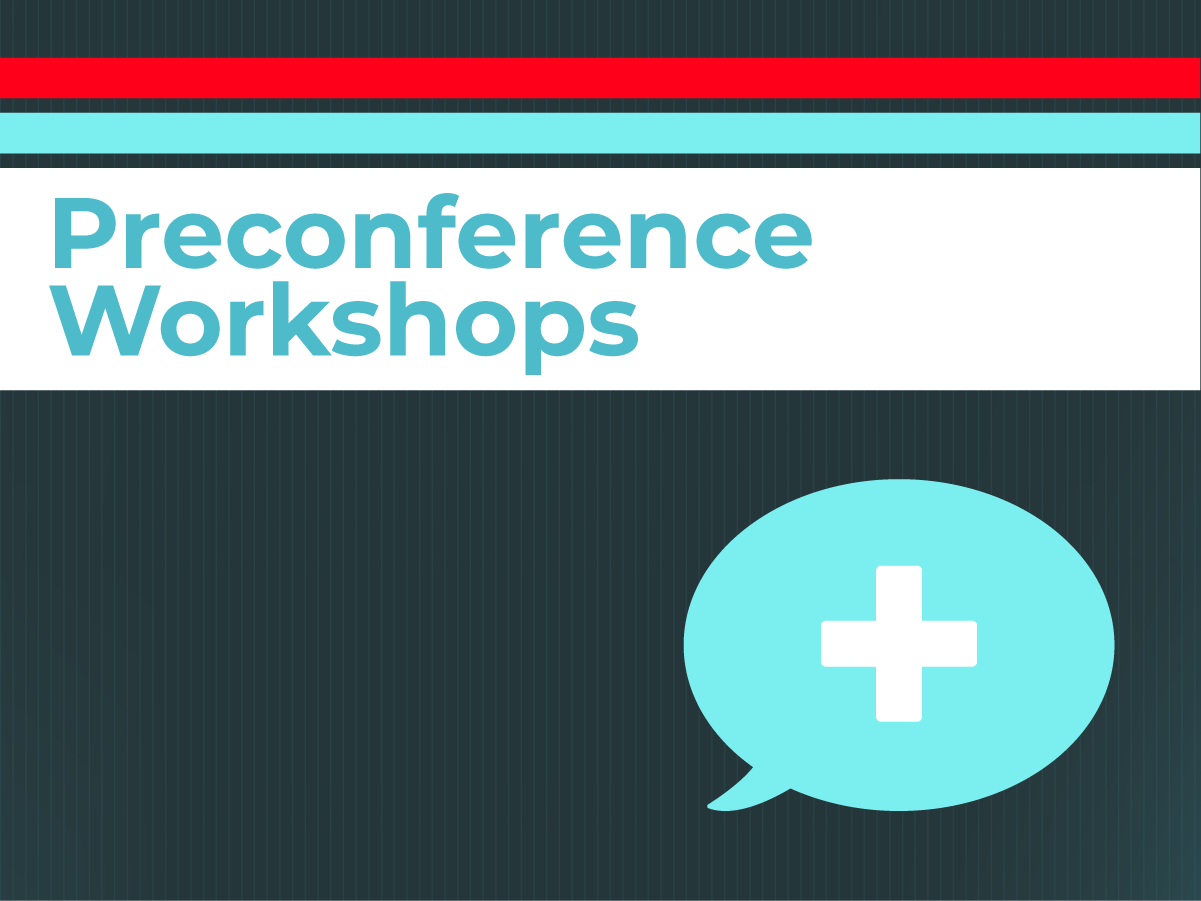Information About Preconference Workshop
PR1: Clinician, Teacher, Scholar: A Bootcamp for New Faculty in Academic Family Medicine
Fee: $150 (includes CME and light refreshments)Attendance limit: 50Workshop Presenters: Lizzeth Alarcon, MD; Elizabeth Brown, MD, MPH; Arindam Sarkar, MD; Amy Clithero-Eridon, PhD, MBA; Sameera Davuluri, MD; Caroline Donohue, MD; Parvathi Perumareddi, DO; Kelly Smith, MD; Andres Rodriguez, MD; Nicole Freund, PhD, MA, MBA; David Chartash, PhD; Nina Piazza, MD; and Nicole Delgado-Salisbury, EdDWorkshop Information: New academic family physicians face unique challenges as they transition into roles that demand expertise in teaching, clinical care, scholarship, and service. Many receive limited orientation to academic medicine and may struggle to balance expectations while building a fulfilling, sustainable career. This preconference workshop—developed by members of the STFM Medical Student Education, New Faculty, and Faculty Development Collaboratives—offers a structured, supportive environment to help new and junior faculty succeed. Participants will engage in interactive sessions focused on core domains of academic medicine, including learner assessment, scholarship, professional well-being, and maximizing STFM resources. Through case-based discussions, collaborative activities, and practical tools, attendees will gain strategies to navigate academic roles with greater confidence and connection.
Learning Objectives
Upon completion of this session, participants should be able to:
- Identify at least three types of learner assessments and appropriate contexts for each.
- Compare three different forms of scholarship in academic medicine and how they contribute to academic advancement.
- Describe two evidence-based strategies to maintain professional well-being.
- Create an “elevator pitch” and draft a professional “business card” to support networking at medical education conferences.
- Identify one faculty development program and one networking opportunity for early-career educators.
Questions?
If you have questions about this conference, contact Kim Sevedge at (800) 274-7928 or the email link below.
CONTACT STAFF WITH QUESTIONS
